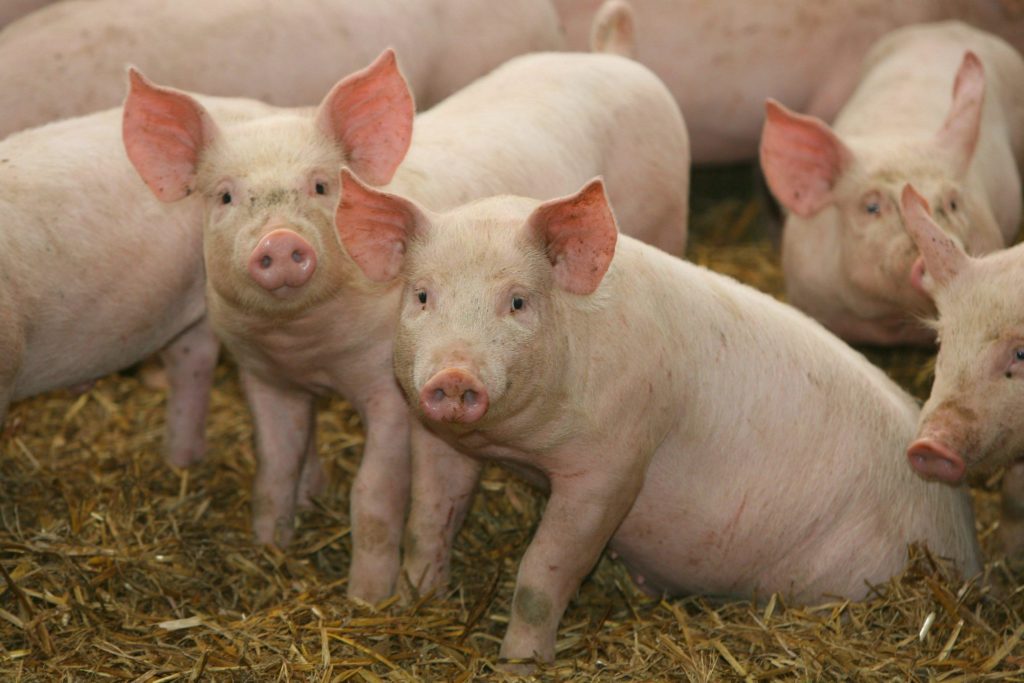The Peninsula
African Swine Fever Crosses the DMZ

This briefing comes from Korea View, a weekly newsletter published by the Korea Economic Institute. Korea View aims to cover developments that reveal trends on the Korean Peninsula but receive little attention in the United States. If you would like to sign up, please find the online form here.
What Happened
- As of October 3, South Korea has reported thirteen cases of African Swine Fever (ASF).
- In response the government has quarantined infected farm areas, implemented movement bans of vehicles and equipment, placed travel restrictions on visitors, and even culled over 100,000 pigs, equivalent to 1% of the total pig population in South Korea.
- While the source of the disease remains unconfirmed, it is widely believed to have spread from North Korea through the water or from wild boars in the DMZ. All reported cases in South Korea, so far, have been in areas bordering North Korea.
Implications: The outbreak of ASF exemplifies how North Korea’s refusal to engage in dialogue amplifies trans-national risks to South Korea. ASF is a particularly difficult disease to contain because the virus can travel via animals, water, vehicles, equipment, and even clothing. Moreover, the virus has an incubation period of 19 days, making it challenging to detect carriers. When initial reports of outbreaks in North Korea came out four months ago, South Korean authorities contacted their counterparts in Pyongyang to discuss ways to prevent the disease from spreading further. Despite the urgency of the challenge, Seoul’s request for cooperation with Pyongyang went unanswered. Confirmation that ASF was transmitted to Korea through North Korea would raise the urgency of future cooperation between the two Koreas.
Context: ASF has caused serious problems in a number of countries in Asia, but its consequences may be felt even more acutely in South Korea because of consumer preference for pork. The popularity of home meal replacements further contributed to the increased demand for pork. Currently, South Korea only imports about one-third of its pork. As a result, further contagion could have a severe impact on domestic pork prices. Only three weeks after the first case of ASF was announced, pork prices are already up 7%.
Korea View was edited by Yong Kwon with the help of Soojin Hwang, Hyoshin Kim, and Rachel Kirsch.
Picture from flickr accout of K-State Research and Extension
